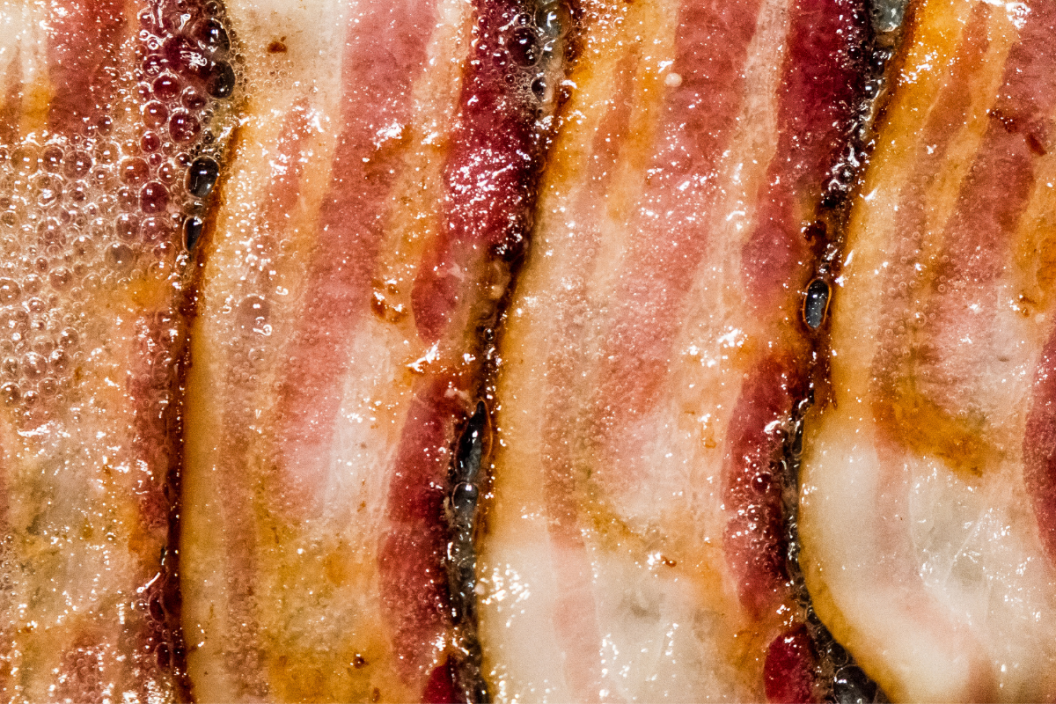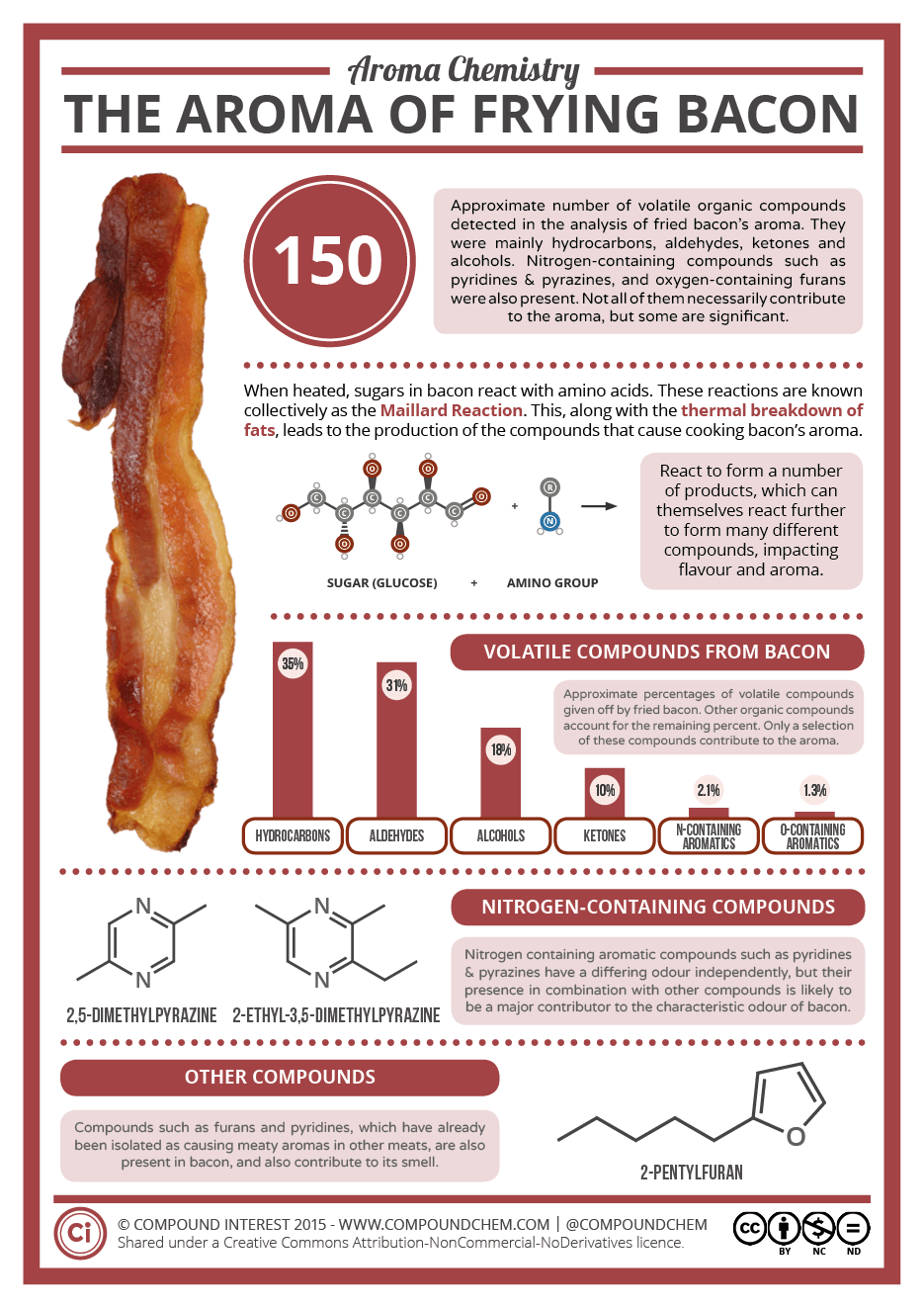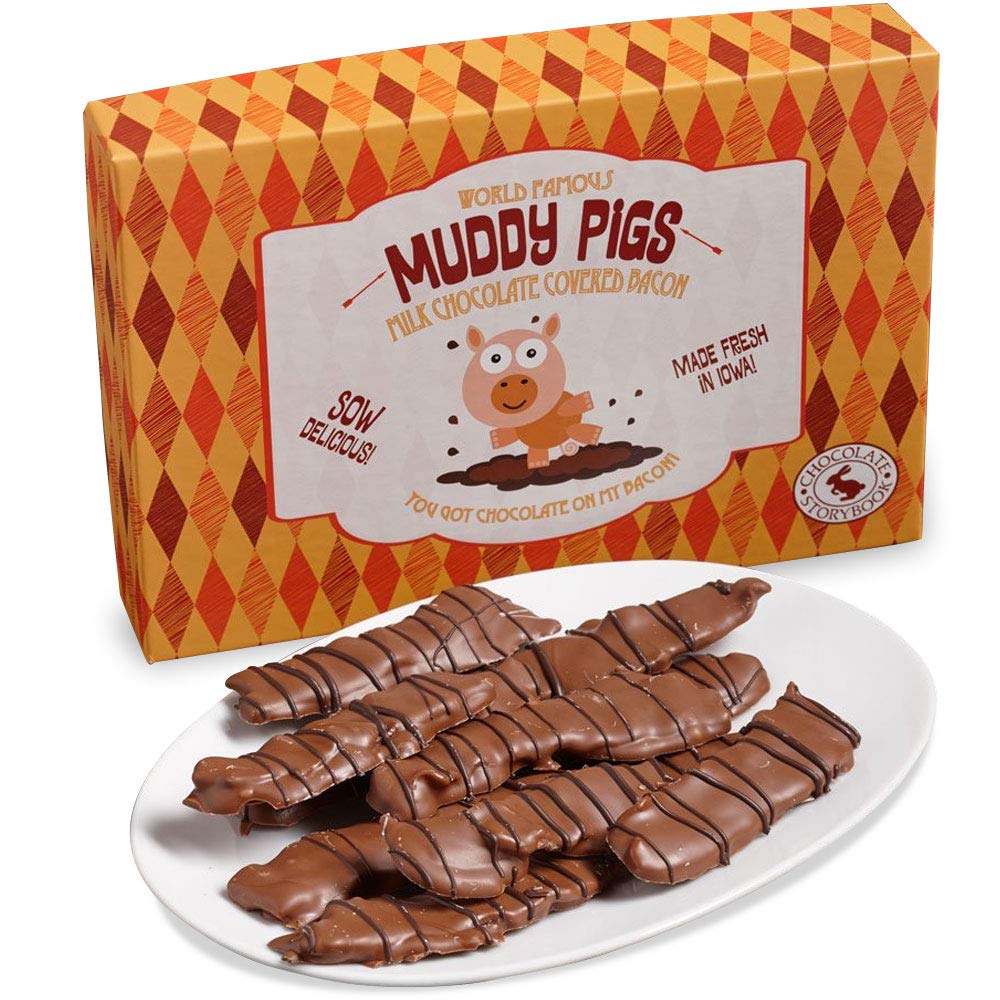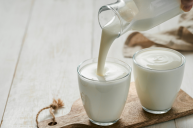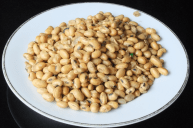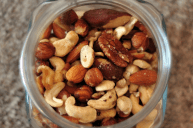I think we can all agree that the more information we have about bacon, the better. It's just good practice to be informed about the food you put into your body. That's why we've got two informative infographics for you that cover two important bacon-related topics. You're not going to want to miss this important discussion!
Videos by Wide Open Country
First up, there's the age-old question of why bacon smells so amazing. There are few breakfast foods that have such a powerful and enticing smell, making it all but impossible not to eat bacon when you smell it. Maybe the inviting fall-flavored food, cinnamon rolls, but even those are better with bacon on them. Over at Compound Interest, they're taking a look at the science behind the smell of bacon. Mmmm, chemistry.
Oddly enough, there haven't been a lot of scientific studies done analyzing the smell of cooking bacon. But one study did look at the compounds released by cooking bacon and compared them to the compounds released by cooking a pork loin. Both pig-based red meat, you might think that they would give off the same results.
There's a bit of science behind the results, but it fries down to the fact that there's not one specific chemical that gives bacon its smell — it's the combination of 150 different compounds that create the heavenly smell.
What happens is the sugars in the meat break down and react with amino acids via the Maillard Reaction, which is basically the way food turns brown (think of it as a caramelization process). Those compounds then react with compounds from the nitrate introduced in the curing process, along with other meaty compounds.
You may not care how that smell happens, only that when your nose catches a whiff of that aroma, you're nearby so that you can eat some bacon. But I bet you don't know what happens to your body an hour after you eat that bacon.
In the interest of science, here's a detailed infographic that really breaks down what you go through an hour after eating bacon. This critical information may surprise you.
The Health Benefits of Bacon
In all seriousness, bacon contains some nutritional value, including high-quality protein, and high levels of essential nutrients and vitamins including thiamin, vitamin B12, magnesium, iron, zinc, naisin, and selenium. One of the dietary benefits of bacon is that it has a high protein to fat ratio, making it a good source of animal protein.
It does contain fat, of course; about half is saturated fat, while about half of the fat content is unsaturated or "healthy fat" and contains Omega-3 fatty acids, which do have health benefits. One serving of bacon contains 15 mg of Cholesterol, 0 carbohydrates, a 5 grams of total fat. The typical serving size is one slice of bacon, but even a few won't add up to much cholesterol or fat.
There are plenty of people who will tell you that eating this low-carb protein will improve your mood, give you energy, and protect your brain. There's some truth to those claims. If eating bacon makes you happy, it is more likely to improve your mood.
Along with this, foods with protein and vitamins are good for your heart health and brain health, making bacon a heart healthy food with surprising health benefits for the mind. In fact, bacon is high in something called choline, a compound that has been shown to benefit brain health and fight off illnesses like Alzheimer. Pork bacon is a great protein if you are cutting carbs as well, making it a good choice for weight loss in moderation.
More importantly, it's the kind of bacon you eat that matters most. Because of the way most bacon is cured, it's high in salt. If you eat a lot of foods high in sodium, you're more likely to have high blood pressure and other health issues. And processed meats like bacon have been linked by researchers to everything from migraines to heart disease to cancer.
Be mindful that some bacon alternatives like turkey bacon are just as processed and high in salt as regular bacon so they may not be the healthiest.
We're not claiming that bacon is a healthy, low-calorie snack because while that would be nice, it's not the case. However, it's not inherently unhealthy either. Like all good things, eating bacon should be practiced in moderation. But if it's part of an overall healthy diet, then go ahead and indulge.
